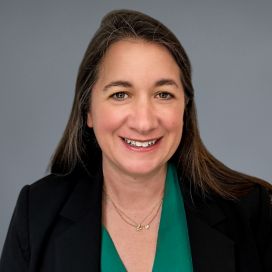Improving Health Through Quality Improvement

Problem
Despite best intentions, differences in access, outcomes, and quality persist in many health care programs.
The federal government is the nation’s largest health insurer, providing coverage through its Medicare, Medicaid, and Marketplace programs to more than 110 million Americans. Enrollees in these programs include groups at increased risk for adverse health outcomes because of various social factors. The mission of the Centers for Medicare & Medicaid Services’ Office of Minority Health (OMH) is to advocate for policies and programs that advance optimal health for all people.
Solution
NORC is using data to identify differences in health care access, outcomes, and quality.
Since 2014, NORC at the University of Chicago has supported CMS OMH to ensure access to federal health insurance programs and high-quality health care for all Americans. We do that by analyzing data—from existing government records to our own original research—for anomalies. These anomalies indicate differences in rates of service use by population groups and those groups’ health outcomes. We also work with CMS OMH to:
- Strengthen partnerships with stakeholders and communities
- Review implications of policy and regulatory changes
- Create educational materials for health care providers
- Provide technical assistance to health care programs
Result
The nation’s largest health insurer is now better equipped to address differences in access, outcomes, and quality.
Our extensive behind-the-scenes work gives policymakers evidence, insights, and guidance to move closer to CMS’s goal of optimizing health for all people served by CMS programs.
Related Tags
Project Leads
-
Alison Laffan
Principal Research ScientistProject Director -
Caitlin Carroll Oppenheimer
Senior Vice PresidentSenior Staff -
Roy Ahn
Vice PresidentSenior Staff -
Rachel Friedman Singer
Principal Research ScientistSenior Staff -
Ilana Dickman
Senior Research DirectorSenior Staff -
Megan Coffman
Principal Research DirectorSenior Staff -
Crystal Ng
Senior Research ScientistSenior Staff













